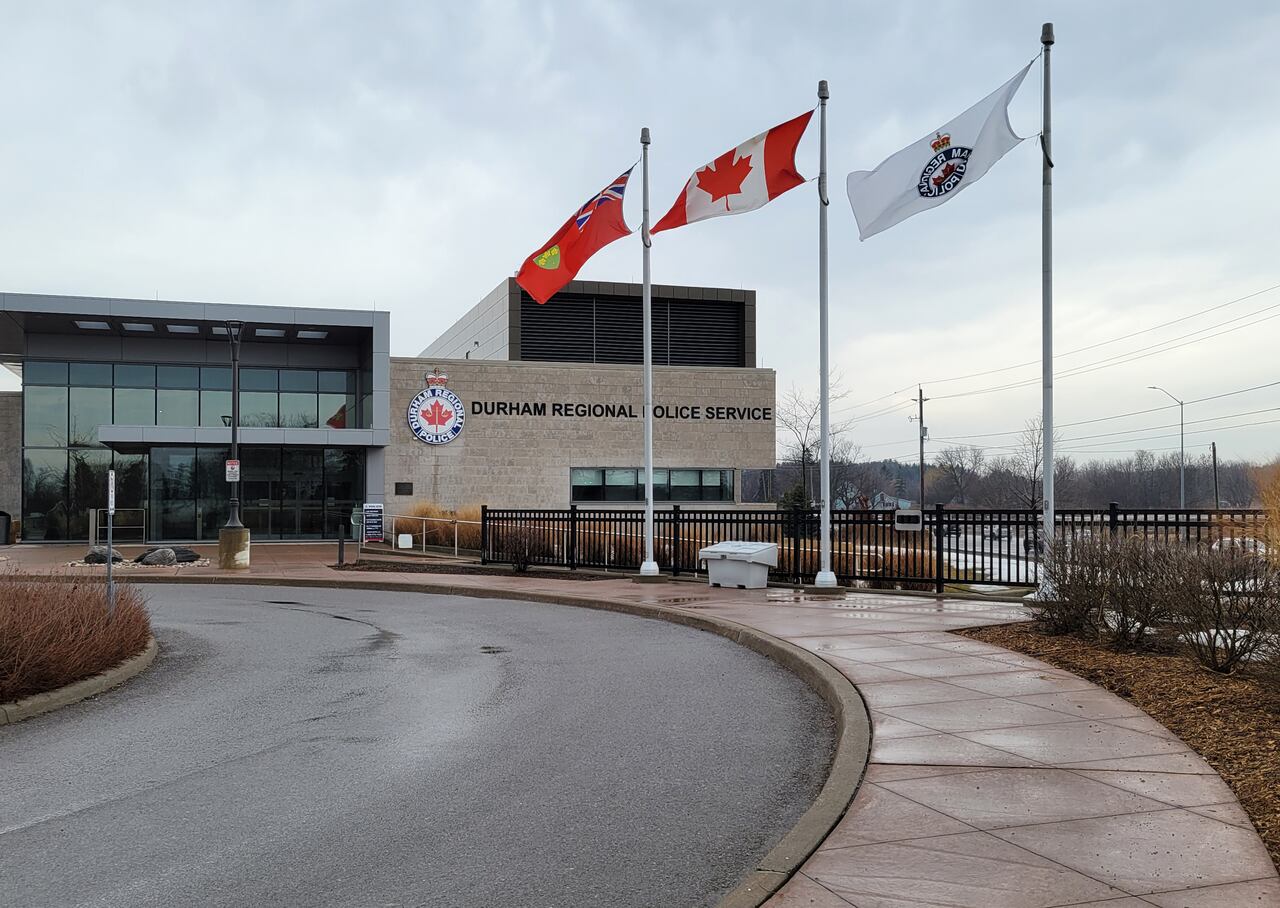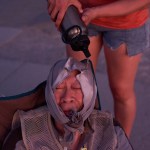The Durham Regional Police Service (DRPS) in southern Ontario was a toxic place where officials failed to adequately respond to harassment and management aggressively dealt with officers seeking mental health help, according to newly released reports.
The investigators' findings are included in a report by the Ontario Civilian Police Commission (OCPC) on the workplace culture, policies and procedures of the DRPS and its board. The report and a summary of the document were obtained by CBC News through a freedom of information request.
According to the report, investigators confirmed allegations that “a toxic work environment was created at DRPS.” Investigations into workplace harassment, although conducted in accordance with “sound” policies, were marred by bias and poor record-keeping, the report found.
Peter Brauti, lawyer current and Former DRPS members whose complaints prompted the investigation said they were disappointed by the lack of detail in the heavily censored report.
“These were several people in the organization whose lives were literally ruined by certain people. [who] were not brought to justice,” Brauti told CBC News. “I'm sure they're sitting there thinking, 'Why did I even bother coming forward?'”
The board says it has taken steps to resolve the issues.
DRPS is headquartered in Whitby and serves several municipalities in the Durham region east of Toronto.
According to the OCPC report, in November 2018, Brauti wrote Deputy Minister of Public Safety and Correctional Services and made allegations of “favoritism, nepotism, repression and criminal activity at the highest levels” of the DRPS.
He included letters from four applicants, all of whom were current or former police officers.
The OCPC began its investigation in May 2019 and interviewed approximately 80 witnesses. The commission completed its report in July. Since then, the document has remained secret and the OCPC disbanded under new provincial police legislation.
CBC News previously reported The OCPC shared its findings only with the DRPS, the service board and the provincial attorney general.
In a prepared statement, DRPS Chairman Peter Moreira said he and the board of directors called on the OCPC to publish its findings.
“While the OCPC report focuses on a period of time under a completely different management team, my team and I are committed to learning from the report and its recommendations,” he said.
The board said in a statement that it has taken several steps to ensure accountability and transparency.
“The investigation referred to in this report started seven years ago. The allegations in many cases date back decades. A lot has changed in DRPS and the board of directors during this period of time.”
'Perceived favoritism and nepotism' affected operations
The report and summary describe the investigators' findings and DRPS members' views on their workplace.
Findings contained in the executive summary include:
- The DRPS Board failed to properly examine the senior officer recruitment process.
- Investigations into workplace harassment, violence, sexual harassment or misconduct “lacked independence and thoroughness.”
- There was “evidence of intimidation, divisiveness and neglect of mental health issues.”
- Investigators found “Perceived favoritism, nepotism and/or payback” have impacted DRPS activities.
The Ministry of the Solicitor General, which shared the recordings with CBC News, said in a letter that the deletion was necessary for several reasons, including the protection of personal information.
Despite the changes in the report, it contains references to serious misconduct, including an individual, whose identity has not been released, who failed to inform the Special Investigations Unit (SIU) that one member had sexually assaulted another.

Section of the summary covering the work environment toxicity claim, notes. that DRPS members “described humiliation and ostracism after raising concerns.” Witnesses also alleged interference in professional standards investigations, expressed strong beliefs that career advancement was not based on merit, and stated that workplace harassment investigations included invasive and inappropriate questions.
Police Association President Andrew Tummonds, reached by telephone on Tuesday, declined to comment.
“We're still talking to our lawyers to figure out where we'll go,” Tummonds said.
Report says claims of post-traumatic stress disorder disputed by service
The report describes Legislation 2016 designed to give first responders experiencing mental health issues faster access for support and treatment, establishing a presumption that their post-traumatic stress disorder (PTSD) is work-related.
The report noted that while employers supported the law, “the panel received compelling evidence that the service took the opposite position and vigorously opposed virtually every allegation of post-traumatic stress disorder in the WSIB.”
“If PTSD was identified, the service appealed,” the report states.
The report accuses DRPS and the board of obstructing the OCPC, refusing to cooperate with investigators and dragging the commission's feet in court.
It highlights one case where a judge ordered the service to pay OCPC $65,000, adding that the costs were ultimately covered by taxpayers. The report also faults the board for refusing to give OCPC prompt access to records.
After the previous report While CBC News reported that DRPS and the board have spent nearly $2 million in legal fees since the OCPC investigation began, the report accuses the board and DRPS of “unjustifiably wasting significant amounts of taxpayer funds by resisting and obstructing a legitimate investigation.”
The plaintiffs' lawyer has not yet seen the full report.
The report listed 33 recommendations, including for the board and superintendent to ensure members know they can “report misconduct without fear of reprisal,” that the board has developed new policies to maintain the integrity of promotions and that interviews conducted “respect for investigators in the workplace” is recorded and maintained.
It is unclear whether the report will be published more widely or with fewer revisions.
Brauti told CBC News he has only seen a censored copy of the report, which was given to him by a member of the public. He said he would continue to seek a complete copy from his clients.








